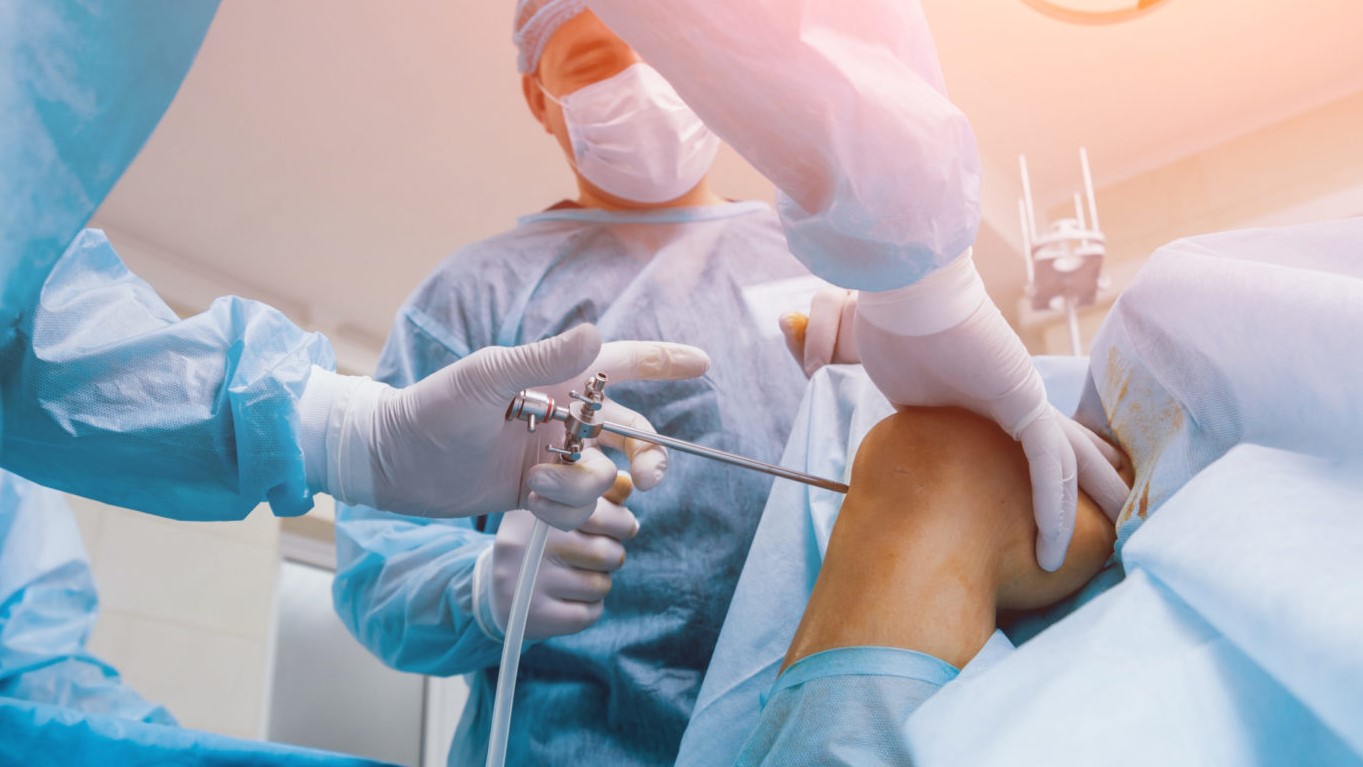Arthroscopy Surgery For Sports Injuries
Arthroscopy is also known as key hole surgeries. It is a popular surgical treatment option these days, mostly for sports personalities who tend to injure their knees, hip, ankles, shoulders, elbow, and wrist during games. It is considered as a safer option than open surgery.

Conditions arthroscopy treats
Arthroscopy is a surgical treatment that is used after confirming a diagnosis made based on physical examination, medical history, and imaging tests, such as X-rays, CT-scan and MRI.
Here are the common medical conditions arthroscopy can treat:
- Wrist: Carpal tunnel syndrome
- Shoulder: Recurrent dislocations, impingement, and rotator cuff tendon tears
- Hip: Impingement and labral tears
- Synovitis: Inflammation of the joint lining
- Knee: Chondromalacia, Meniscus tears, ACL, MCL, LCL, and PCL tears.
Removal of loose bodies of bone or cartilage in the shoulder, knee, elbow, hip, ankle, or wrist
About the process
Arthroscopy or arthroscopic surgery is performed under sedation of general or local anesthesia. It uses a small metal tube (arthroscope) attached to a small camera and a light source. During the procedure, a small incision is created close to the affected joint, and the arthroscope is passed through the route to collect images of the affected areas inside, which is displayed on a screen outside. It helps the orthopedist to plan the treatment. Some more small incisions are made to insert surgical equipment. Using the examining probe and medical instrument, they repair or remove the damaged part of the joint.
Post-surgery, a sterile dressing covers the wound without any sutures (as the incisions are very small in size).
After arthroscopic surgery
Your doctor will recommend some treatments and therapies to practice after the surgical procedure for ensuring complete recovery, these are:
- Hot and cold therapy to minimize pain and swelling
- Pain relief medications to control surgery discomforts
- Physical therapy for faster and smoother healing
Note: It takes around 1-2 months to recover from arthroscopy.
Associated risks
- Though not always, you may face some complications post-surgery, like:
- Excessive bleeding
- Infection
- Damage to the surrounding nerves and blood vessels
- Tingling or numbness in the operated area
When looking forward to undergoing arthroscopy for your damaged knees, hip, elbow, shoulders, or ankles, reach out to us for the best treatment process. Book an appointment today!
Book your appointment today to get proper diagnosis and treatment for your shoulder fracture.
Book your appointment today to get proper diagnosis and treatment for your shoulder fracture.
Interventions
Important Links
Contact Us
Room No: 338, 3rd Floor
Yasodha Hospital
Somajiguda, Hyderabad.
+91 9456002345
drtdrreddy@gmail.com
© 2020 Dr TDR Reddy. All Rights Reserved.
Designed Developed by Markay Technologies
